Something smells funny on the O.R.C. Tyrannus.
It turns out to be Kek—a rat-like, bat-like humanoid who stows away on the ship.
On Vor Deo, the heroes visit a park to pick up information from Lu’Nimah. As Vin Sai tries to track the stealthy Kek, Isshtatha leaps into action to save a petite trollop from an aggressive shroom dealer.
Tensions mount when Vin and Kek decide to steal a droid—R2-X9. Daymont storms off…and notes it in his report.
Daymont later returns to call Vin a dumb-ass.
Racing with Vin, a distracted Daymont slams into a Storm Trooper transport, killing the Troopers and destroying both vehicles.
Then, the heroes spot five drug-dealer thugs on hover bikes and chase them. Isshtatha decapitates one with the car door and Daymont guns down three more in a deadly spray of automatic fire.
Kek wonders how soon it will be before these nuts get him killed.
Back on the ship, Vin Sai analyzes blood samples from the drug dealers and the crew. Someone’s blood seems to have midi-chlorians in it. (Yes, The ‘M’-word.)
The next day, the crew discovers that Count Vidian has killed the wife of their friend, Gorse. They decide that it is time to stop Vidian once and for all…
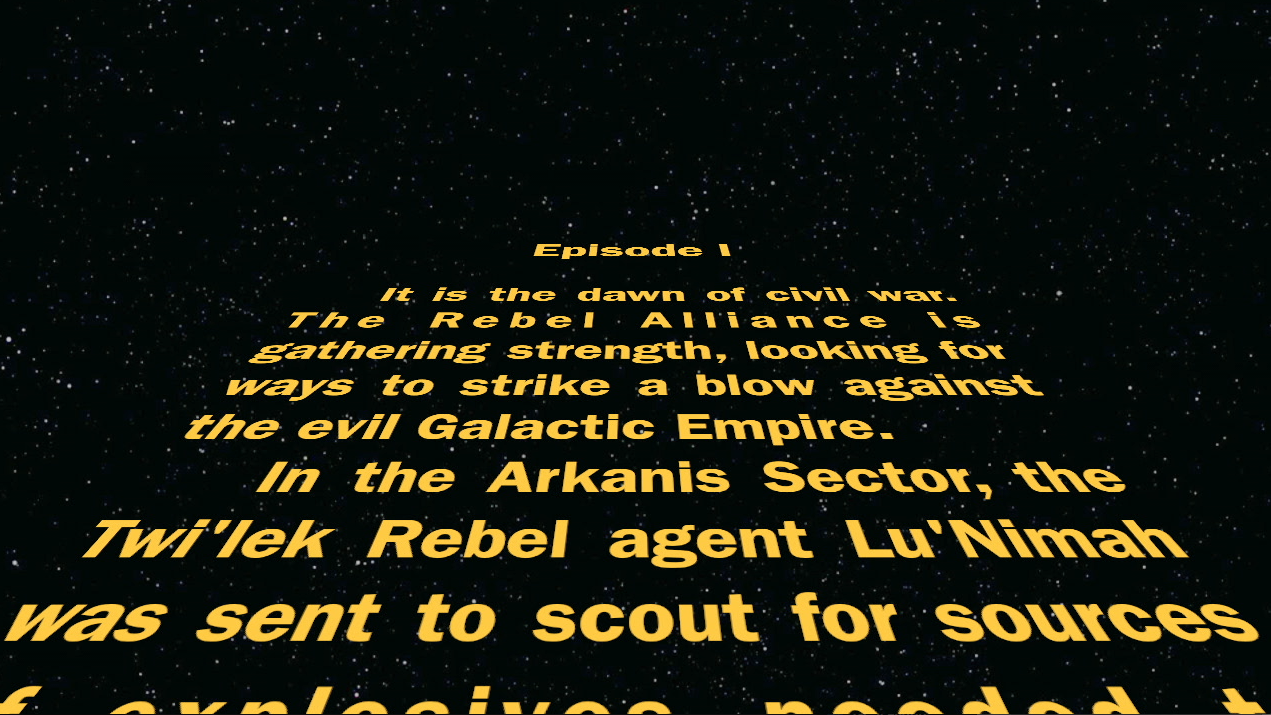

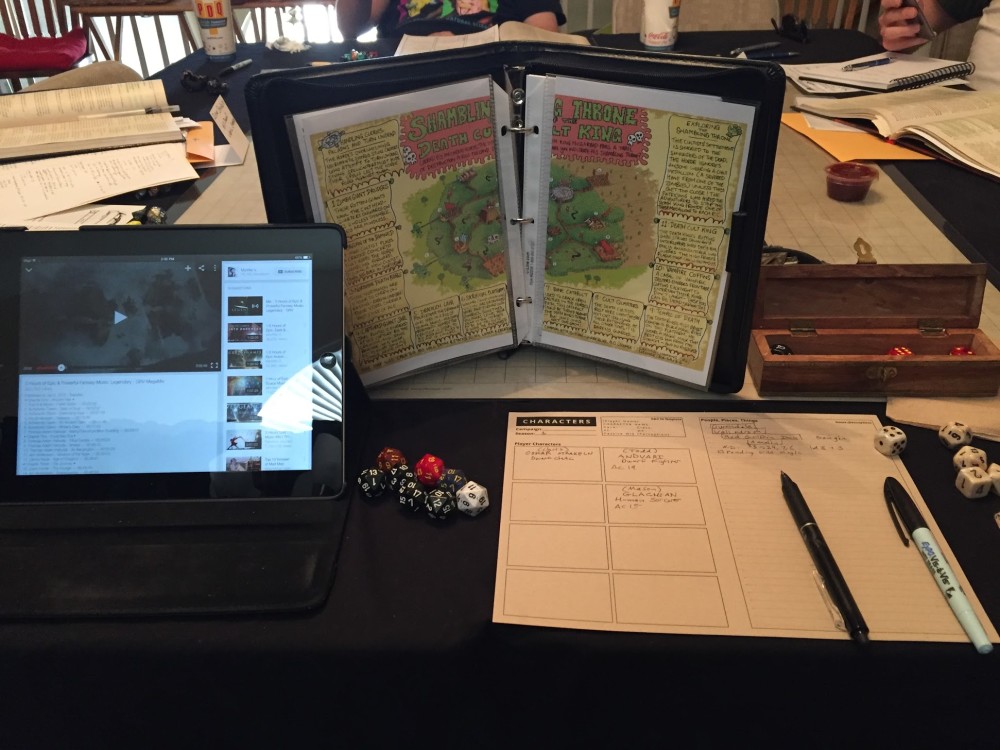
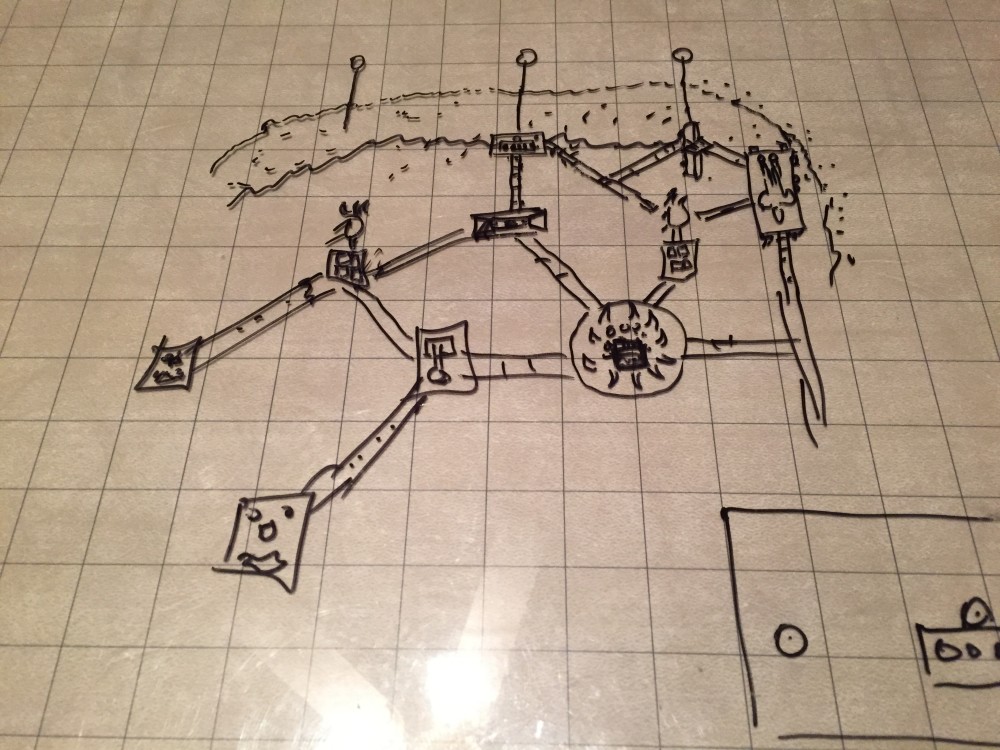
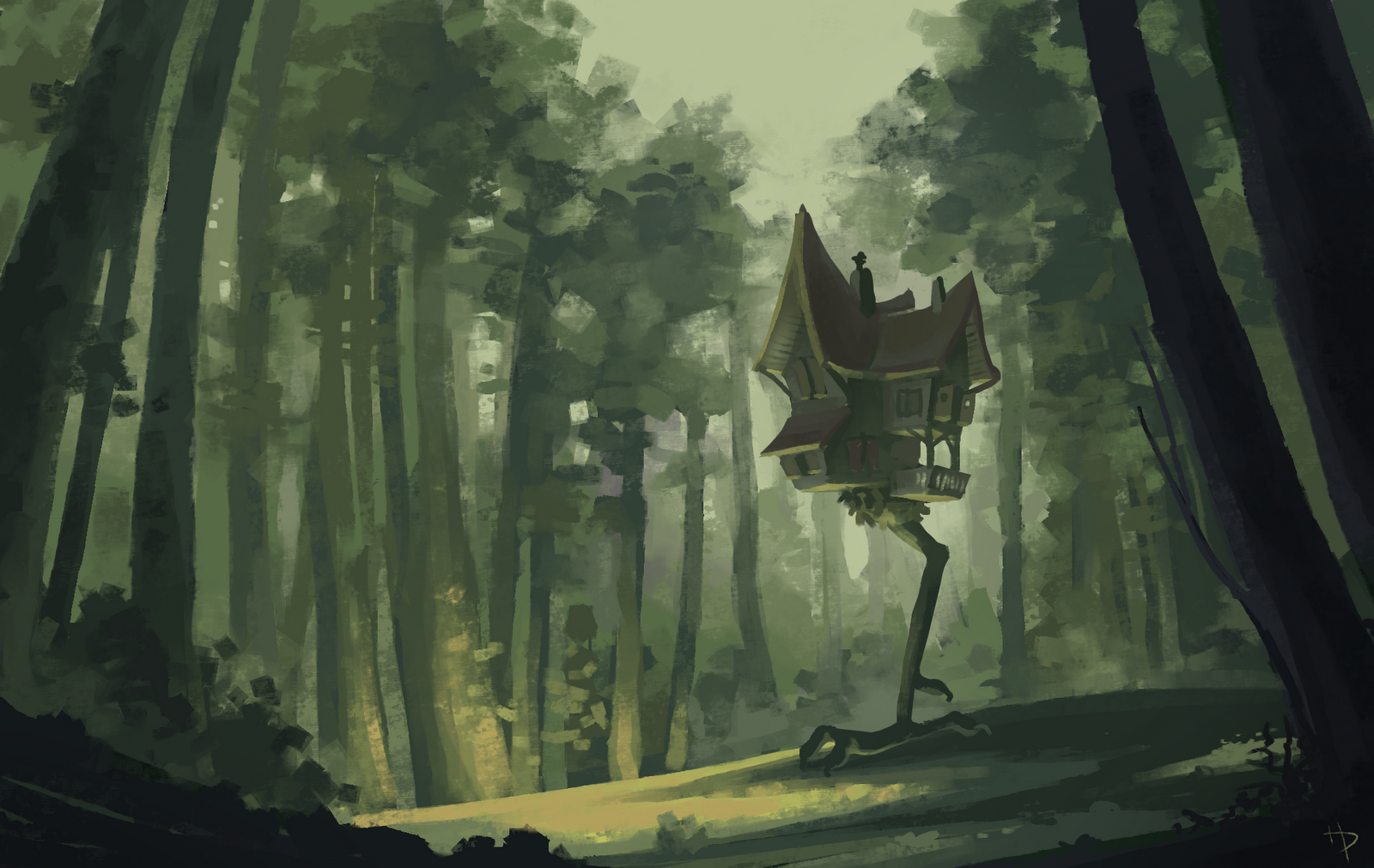



![IMG_0431[1]](https://dicehaven.com/wp-content/uploads/IMG_04311-300x224.jpg)
![IMG_0433[1]](https://dicehaven.com/wp-content/uploads/IMG_04331-300x224.jpg)
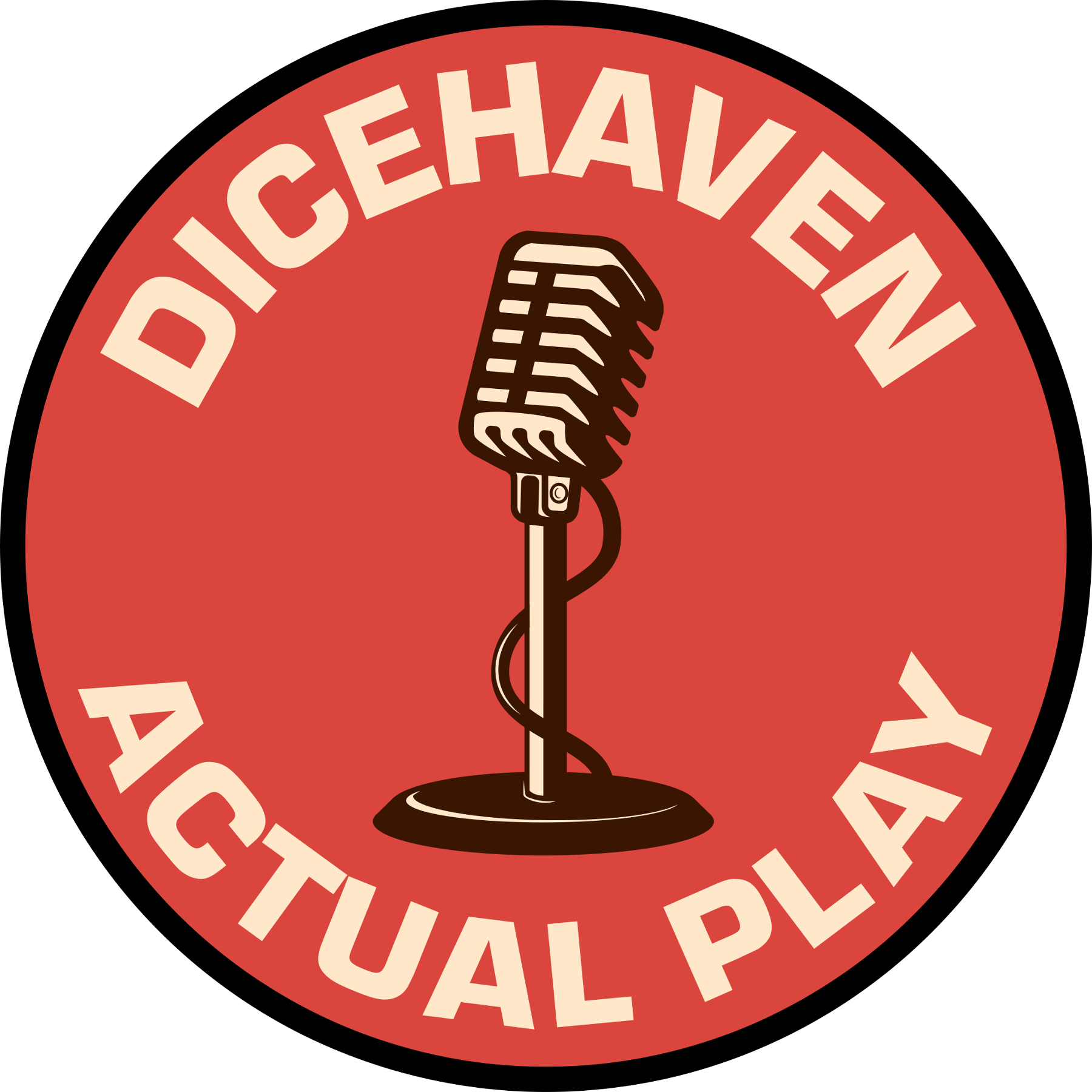
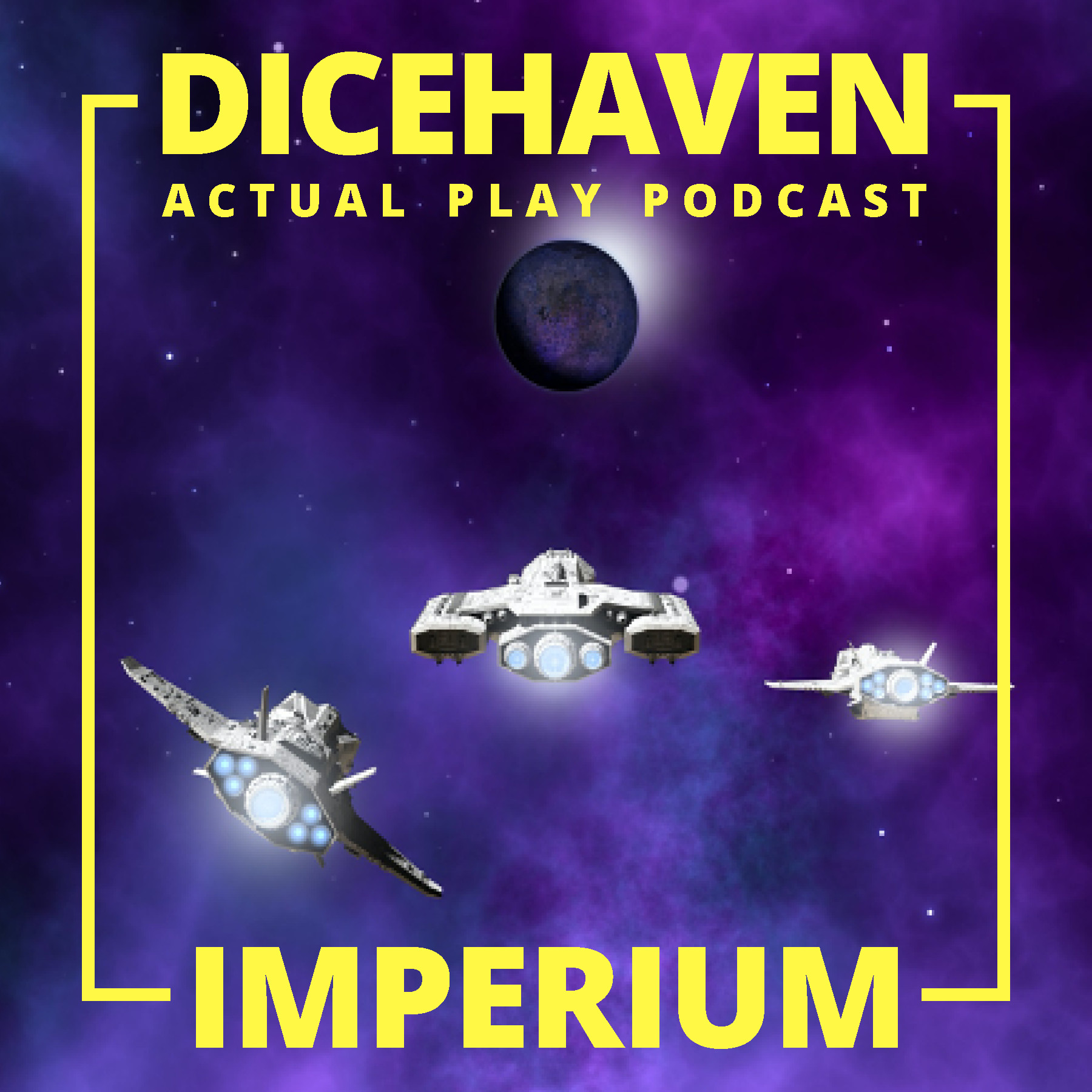
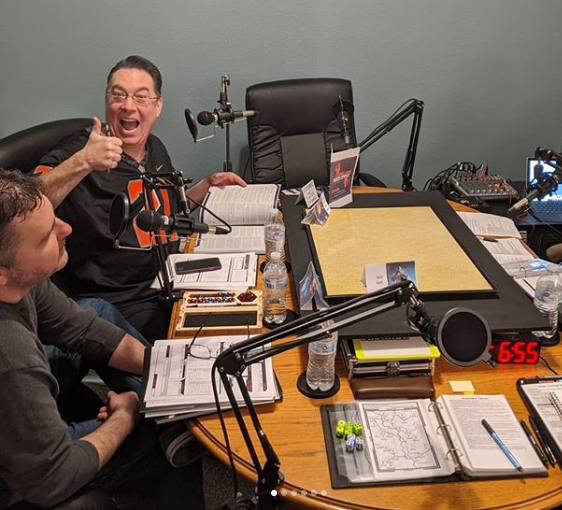
Recent Comments